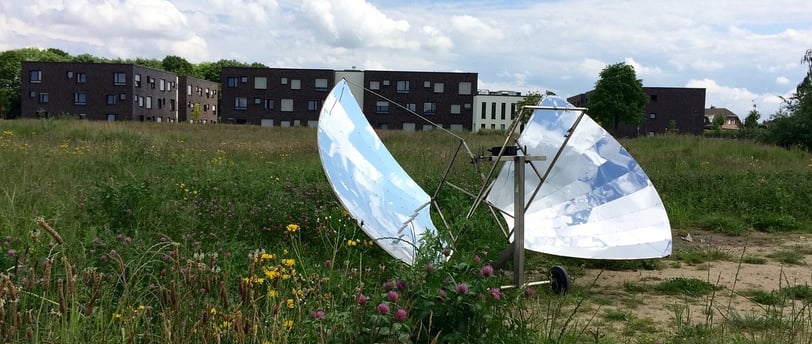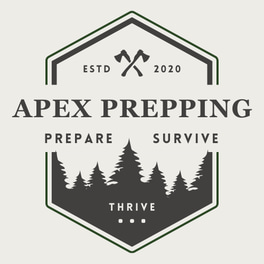Alternative Cooking
Learn to use alternative cooking methods


Alternative cooking methods like using a camp stove or solar cooker can be invaluable skills to have, especially in emergency situations or when you're in outdoor settings without access to traditional kitchen appliances. Learning these techniques can help you prepare meals when there's no electricity or gas available. Here's more information about each method:
Camp Stove Cooking:
Portable Cooking Stoves: Camp stoves are portable cooking devices that use various fuels such as propane, butane, or white gas. They come in various sizes and designs, including single-burner and multi-burner options.
Advantages: Camp stoves are versatile and can be used for boiling water, frying, simmering, and even baking with the right accessories. They are especially useful for outdoor adventures, camping trips, or during power outages.
Safety: It's important to follow safety guidelines when using camp stoves. Keep them away from flammable materials, ensure proper ventilation, and never use them indoors.
Solar Cookers:
Solar Cooking: Solar cookers use sunlight to heat and cook food. They are eco-friendly, require no fuel, and can be used in locations with ample sunlight.
Types of Solar Cookers: There are various types of solar cookers, including box cookers, parabolic cookers, and panel cookers. Each has its own advantages and limitations.
Slow Cooking: Solar cookers generally cook food more slowly compared to conventional stoves, but they are a great option for recipes that require long, slow cooking, like stews and casseroles.
Energy Efficiency: Solar cookers are energy-efficient and can save on fuel costs in the long run. They are also a sustainable way to cook food, reducing reliance on fossil fuels.
Preparation and Cooking Tips:
Practice: Before relying on camp stoves or solar cookers in an emergency situation, practice using them in a controlled environment. This will help you become familiar with their operation and cooking times.
Store Fuel: If you're using a camp stove, make sure you have an adequate supply of fuel stored safely. Check expiration dates on fuel canisters and replace them as needed.
Sunlight: When using a solar cooker, choose a sunny location with minimal shade to maximize cooking efficiency.
Patience: Solar cooking requires patience because it's generally slower than conventional methods. Plan accordingly and start cooking early.
Learning alternative cooking methods like using a camp stove or solar cooker can be a fun and practical skill to have. It not only provides a backup option during power outages but also allows you to enjoy outdoor cooking experiences. As part of your emergency preparedness plan, consider including these methods and acquiring the necessary equipment and knowledge to use them effectively.
